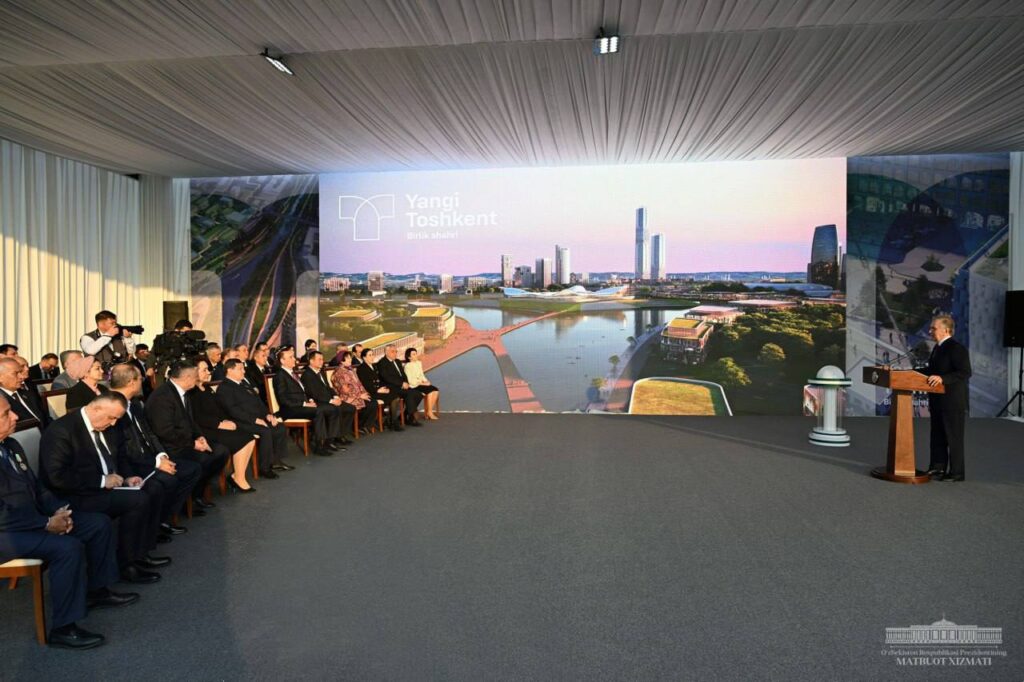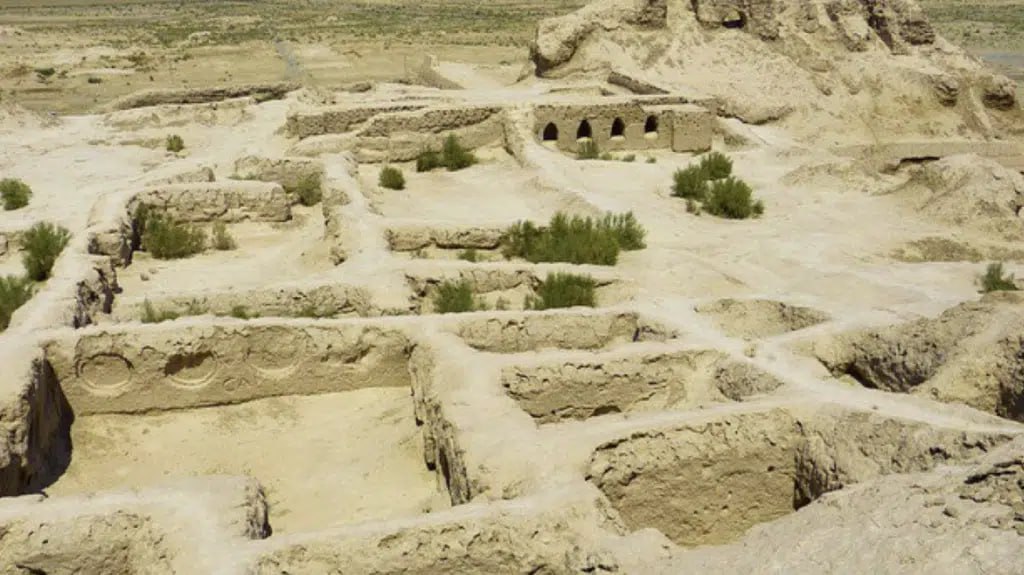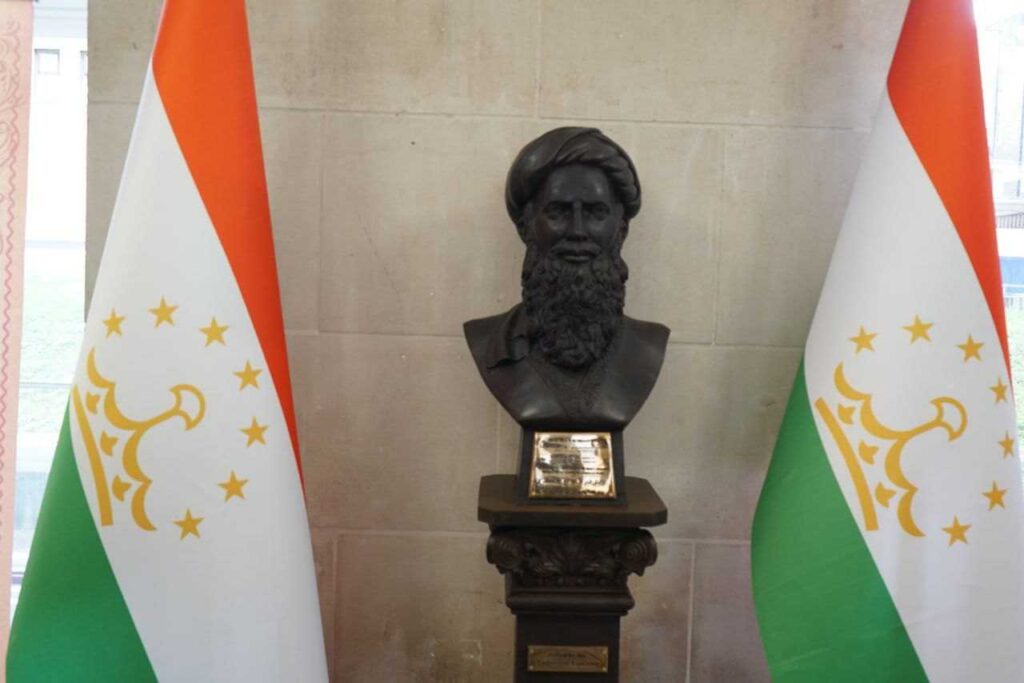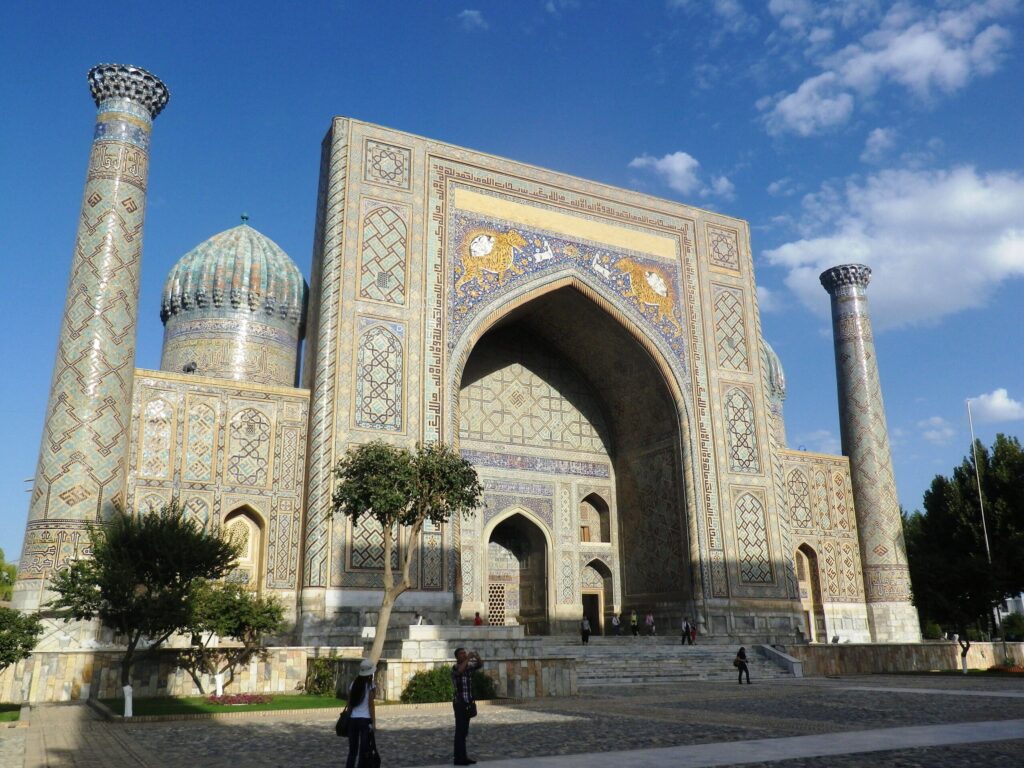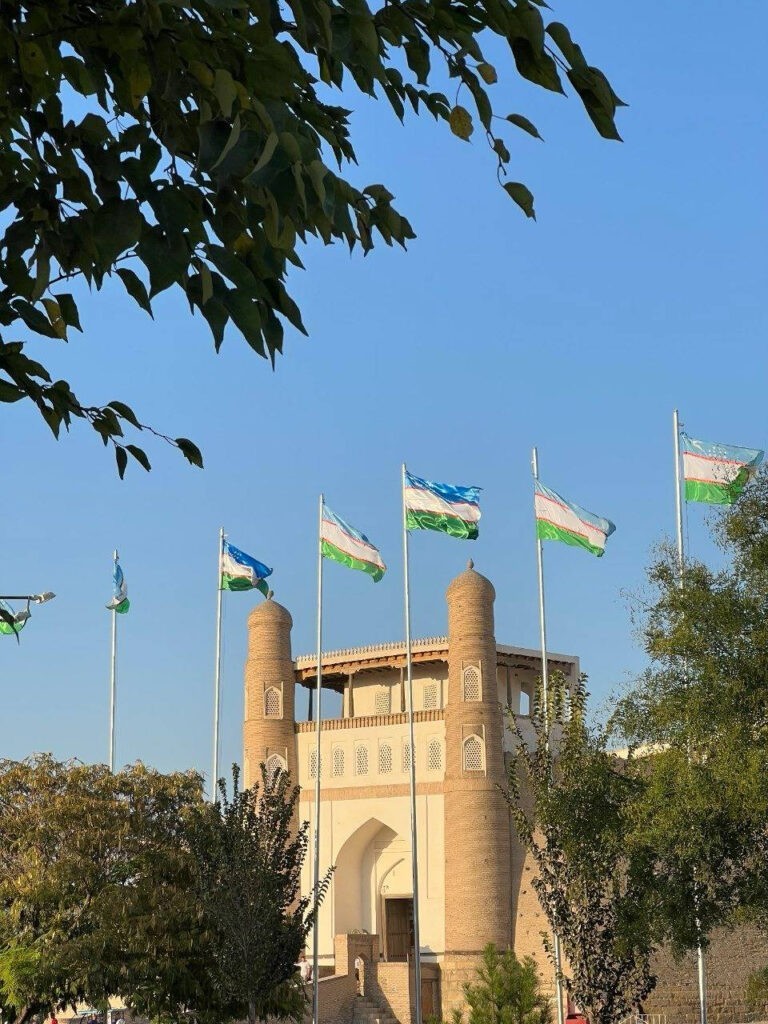Towards a New Tashkent
On April 3rd, Uzbekistan President Shavkat Mirziyoyev attended a ceremony to celebrate the start of construction of New Tashkent; a twin capital located on 20,000 hectares east of the existing city of Tashkent, between the Chirchiq and Karasu rivers. Speaking at the launch, President Mirziyoyev emphasized the historical significance of the ground-breaking project and its far-reaching impact on the future of Uzbekistan: “Today we are laying the foundation for the campuses of Yangi Uzbekistan University and Tashkent State Pedagogical University, the National Library, the National Theater, the International Research Center, the Museum of Literature, and the Alisher Navoi School of Creativity. It is no coincidence that the construction of a new city begins with the abodes of knowledge and spirituality. They will become the basis and model in the formation of an enlightened society.” The new city’s campus of Tashkent State Pedagogical University will provide teaching facilities for 20 thousand students, dormitories for 5 thousand, a kindergarten for 300 children, and a school for 616 pupils. It will also include a sports centre, a palace of culture, and an amphitheatre. Yangi Uzbekistan University, rated as one of the most prestigious universities in the country for engineering, management, information technology, agricultural technology, humanities, and natural sciences, will be complemented by a second campus in New Tashkent. Once in operation, the new facilities will accommodate 10 thousand students, a library, sports complex, and an Olympic-sized swimming pool. Ambitious plans for the second city also include a new National Library of Uzbekistan with the capacity to house over 10 million books and accommodate over 1,400 users at any given time. Concluding his speech, the president underlined his belief that New Tashkent was set to become a centre for excellence in science, education, and culture not only for Uzbekistan but also for the entire region. It was earlier reported that master plans for New Tashkent had been developed by the UK’s Cross Works design company.


